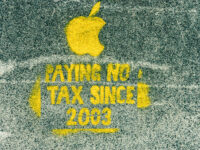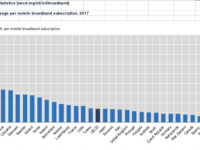Last year’s explosive battle over the potential entry of wireless giant Verizon into the Canadian market may be a distant memory, but the debate over the state of wireless competition remains very much alive. Industry Minister James Moore has pointed to a modest decline in consumer pricing and complaints as evidence that government policies aimed at fostering a more competitive market are working.
The big three wireless carriers remain adamant that the Canadian market is competitive and that while pricing may be high relative to some other countries, that is a function of the quality of their networks. In other words, you get what you pay for.
There is seemingly no major international entrant on the horizon, but the Canadian Radio-television and Telecommunications Commission is currently grappling with an assortment of policy measures aimed at improving the competitiveness of new entrants and facilitating the development of a more robust market for virtual operators who could enhance consumer choice. Moreover, the government is planning another spectrum auction early next year that would benefit new entrants.
My weekly technology law column (Toronto Star version, homepage version) notes that at the heart of the debate is whether creating a fourth national carrier is a legitimate policy goal or a mirage that will do little to decrease pricing or create market innovation. The major carriers argue that the Canadian market is too small to support a fourth national carrier and that competitiveness is not directly correlated to the number of national operators.
Read more ›











